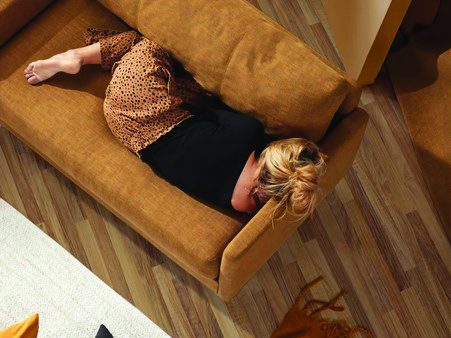With assignments due and exams in sight, many students across the UK
can often be heard saying they are going to do an “all-nighter” the night
before deadlines.
While sacrificing sleep for studies is not uncommon, the more quality
sleep you get, the more this can help with overall productivity allowing
for better grades.
According to a survey by My Student Halls, 19% of UK university
students get less than 5 hours of sleep per day with 46% rating their
sleep as either bad or fairly bad.
Getting minimal sleep can take affect one’s mood, energy, mental
sharpness, and ability to handle stress, but amongst students it can
contribute to bad grades, behaviour issues and also poor mental health.
Studies by the US Centers for Disease Control and Prevention suggest
that seven hours or more per night is recommended level for the
average 18–60-year-old.
However, according to the National Institutes of Health, the average
adult sleeps less than that, which in today’s fast-paced society, may
sound pretty good, but in reality, it’s a recipe for chronic sleep
deprivation.
If you sleep less than seven hours a night, then there a chance that you
may be sleep deprived and may be completely unaware of how much
lack of sleep is affecting you.
Dr Holly Milling, Founder of The Sleep Practice, said: “Sleep is one of the biggest health investments we can make. We need to stop seeing sleep as a luxury and start seeing it as a necessity.”
She added: “The gold standard treatment for insomnia is Cognitive
Behavioural Therapy so if you are worried about your sleep, speak to
your GP or a sleep specialist.”
Whether you are looking to resolve a specific sleep problem or want to
increase productivity many habits can be implemented day by day to
improve sleep and prevent deprivation.
Some of the best habits to increase sleep quality are to get regular
exercise, which improves many sleep disorders, as well as improving
your sleep environment and reducing hours spent on devices.
One of the biggest causes of sleep disorders amongst students is stress,
so learning how to handle stress in a productive way can help you sleep
better at night.

